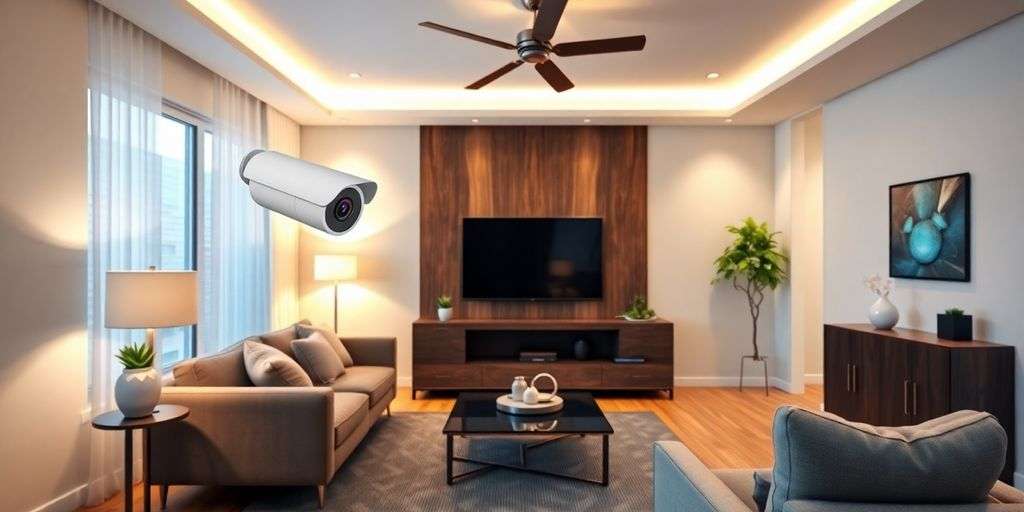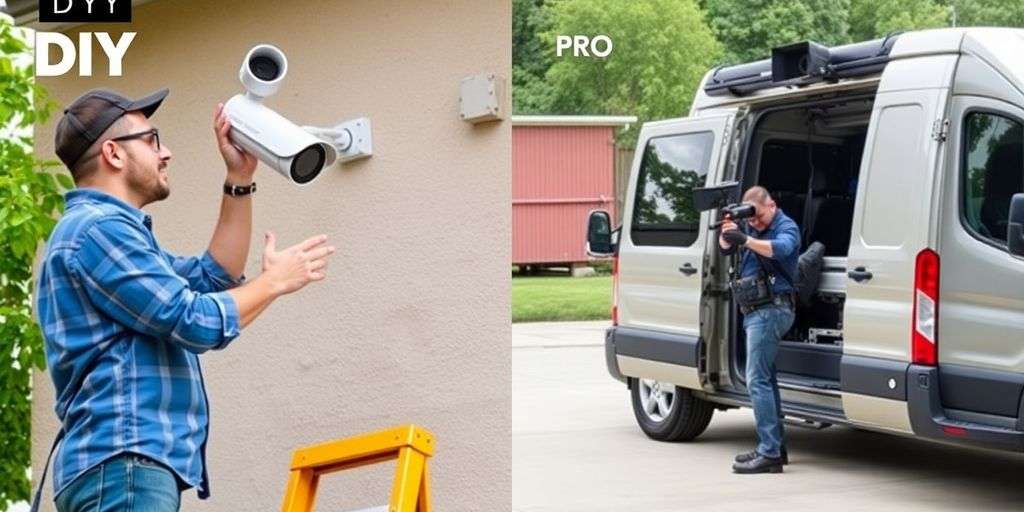Understanding the Basics of Wired and Wireless Systems
Defining Wired Systems
A wired system refers to a network where devices are connected through physical cables, such as Ethernet. This type of connection is known for its stability and speed. Users must plug their devices directly into the network, which can limit mobility but enhances reliability.
Defining Wireless Systems
In contrast, a wireless system allows devices to connect without physical cables, using radio waves instead. This setup offers great flexibility, enabling users to access the network from various locations. However, it may be more susceptible to interference and security issues.
Key Differences Between Wired and Wireless
The main differences between wired and wireless systems can be summarised as follows:
| Feature | Wired Systems | Wireless Systems |
|---|---|---|
| Connection Type | Physical cables | Radio waves |
| Mobility | Limited | High |
| Speed | Generally faster | Varies, but improving |
| Security | More secure | Less secure, but can be enhanced |
| Installation | More complex | Easier to set up |
- Wired systems are often preferred for critical applications due to their reliability.
- Wireless systems are ideal for environments where mobility is essential.
- Both systems have their unique advantages and challenges, making the choice dependent on specific needs.
Advantages of Wired Systems
Superior Speed and Reliability
Wired systems are renowned for their superior speed and reliability. Unlike wireless connections, which can be affected by interference from various sources, wired connections provide a stable and consistent data transfer rate. This is particularly beneficial in environments with physical barriers, such as concrete walls, where wireless signals may struggle.
Enhanced Security Measures
One of the most significant advantages of wired systems is their enhanced security. Since wired networks are not easily accessible to unauthorised users, they offer a level of protection that is hard to achieve with wireless systems. Firewalls and other security devices further bolster this security, making wired systems a preferred choice for sensitive data transmission.
Cost-Effectiveness Over Time
While the initial setup of a wired network may seem costly, it often proves to be more cost-effective in the long run. The durability of the hardware and the reduced need for frequent upgrades can lead to significant savings. For instance, the longevity of wired components often offsets the initial investment, making it a wise choice for many businesses.
In summary, wired systems offer a blend of speed, security, and cost-effectiveness that can be hard to match.
| Feature | Wired Systems | Wireless Systems |
|---|---|---|
| Speed | High | Moderate |
| Security | High | Moderate |
| Installation Cost | Higher Initial Cost | Lower Initial Cost |
| Long-term Cost | Lower | Higher |
In conclusion, the advantages of wired systems make them a compelling option for those prioritising speed, security, and long-term savings.
Advantages of Wireless Systems

Unmatched Mobility and Flexibility
Wireless systems offer unparalleled freedom for users. With the ability to connect from virtually anywhere, employees can work from different locations without being tethered to a desk. This flexibility enhances productivity and collaboration, allowing teams to connect seamlessly during meetings or while working remotely.
Ease of Installation and Expansion
Setting up a wireless network is generally simpler than its wired counterpart. Installation costs are often lower, especially in existing buildings where running cables can be challenging. Adding new devices or expanding the network can be as straightforward as placing additional access points, making it a convenient choice for growing businesses.
Modern Technological Advancements
The evolution of wireless technology, such as Wi-Fi 6, promises faster speeds and improved performance. These advancements make wireless systems increasingly viable for various applications, from home use to large enterprises.
| Feature | Wired Systems | Wireless Systems |
|---|---|---|
| Installation Complexity | High | Low |
| Mobility | Low | High |
| Speed | High | Moderate |
| Cost of Expansion | Moderate | Low |
Wireless technology continues to evolve, making it a compelling option for both personal and professional use.
In summary, the advantages of wireless systems include:
- Mobility: Users can connect from anywhere.
- Cost-Effectiveness: Lower installation and expansion costs.
- Technological Growth: Continuous improvements in speed and reliability.
These factors contribute to the growing preference for wireless systems in various settings, making them a popular choice for modern connectivity needs.
Challenges and Considerations
Potential Interference Issues
Wireless systems, while convenient, can face interference from various sources. This can lead to disruptions in connectivity. Common culprits include:
- Other wireless devices
- Physical barriers like walls
- Environmental factors such as weather
Understanding these challenges is crucial for effective wireless network management.
Security Concerns with Wireless
Security remains a significant concern for wireless systems. Unlike wired connections, wireless networks are more vulnerable to unauthorised access. To mitigate risks, consider:
- Implementing strong encryption protocols
- Regularly updating security settings
- Monitoring network activity for unusual behaviour
Maintenance and Installation Costs
While wireless systems can be cost-effective initially, ongoing maintenance can add up. Key considerations include:
- Regular updates and upgrades
- Potential need for professional installation
- Costs associated with troubleshooting and repairs
In summary, while both wired and wireless systems have their advantages, understanding the challenges can help in making informed decisions.
Conclusion
In the end, choosing between wired and wireless systems really depends on what you need. Both options have their ups and downs. Wired connections are usually more stable and secure, making them great for tasks that need a strong and steady link. On the other hand, wireless systems offer fantastic freedom and flexibility, allowing you to move around without being tied down by cables. For many, a mix of both might be the best solution, giving you the benefits of each. So, whether you prefer the reliability of wires or the convenience of going wireless, it’s all about finding what works best for you.
Frequently Asked Questions
What is the main difference between wired and wireless systems?
Wired systems use physical cables to connect devices, while wireless systems use radio signals to connect without cables.
Are wired connections faster than wireless ones?
Yes, wired connections are generally faster and more stable than wireless connections.
Is it safe to use wireless systems?
Wireless systems can be safe if proper security measures, like encryption, are used to protect the network.





